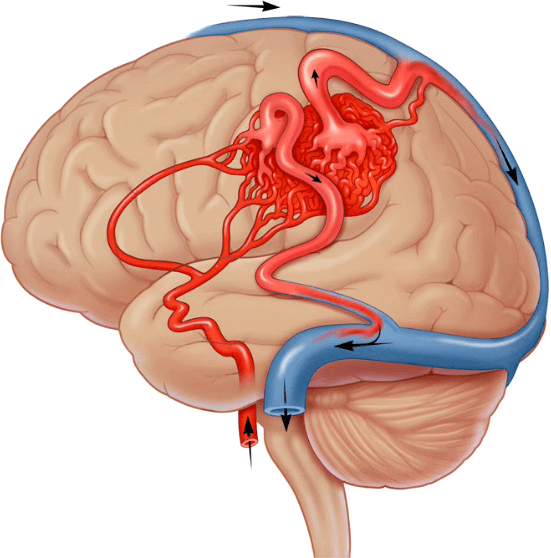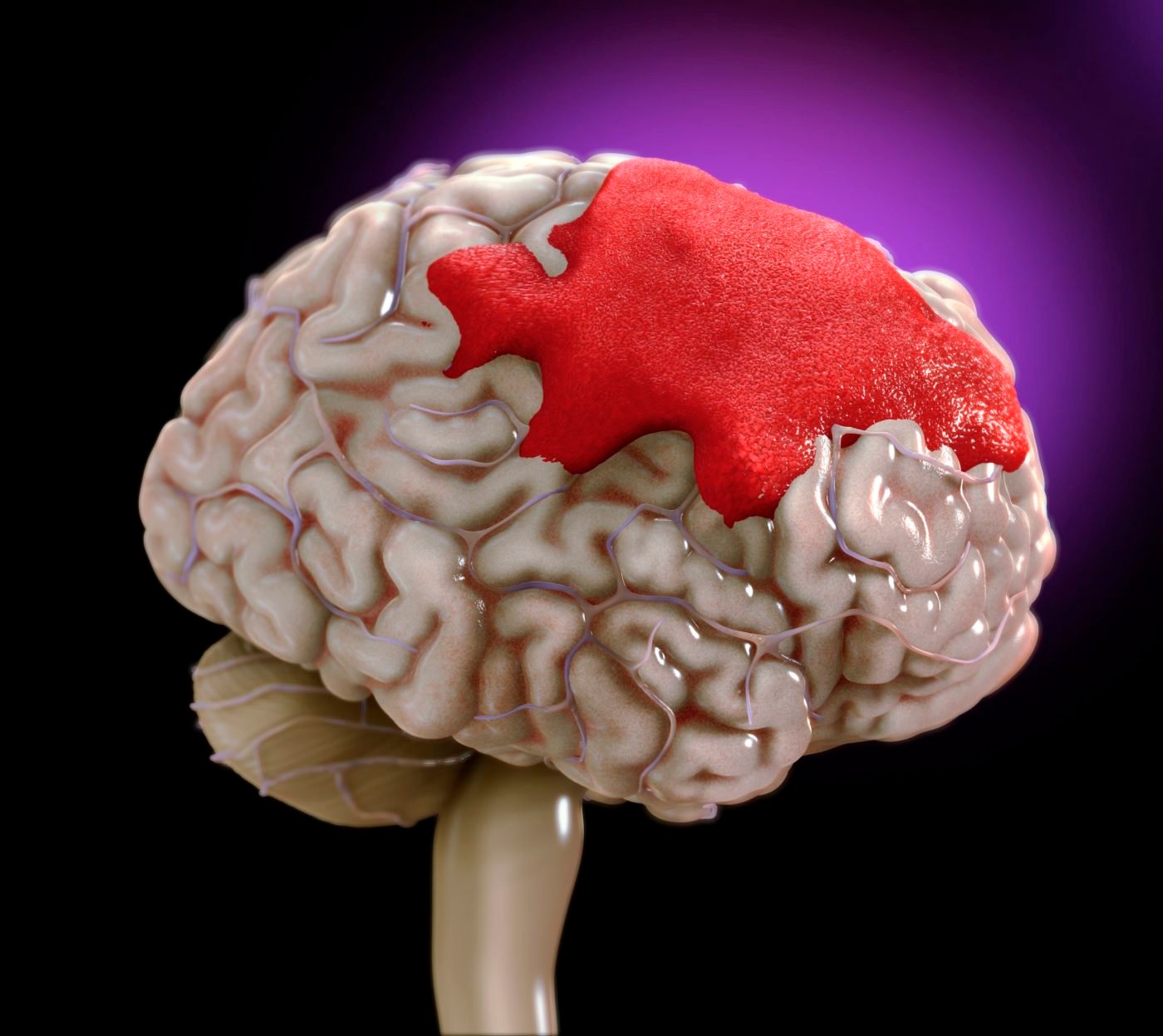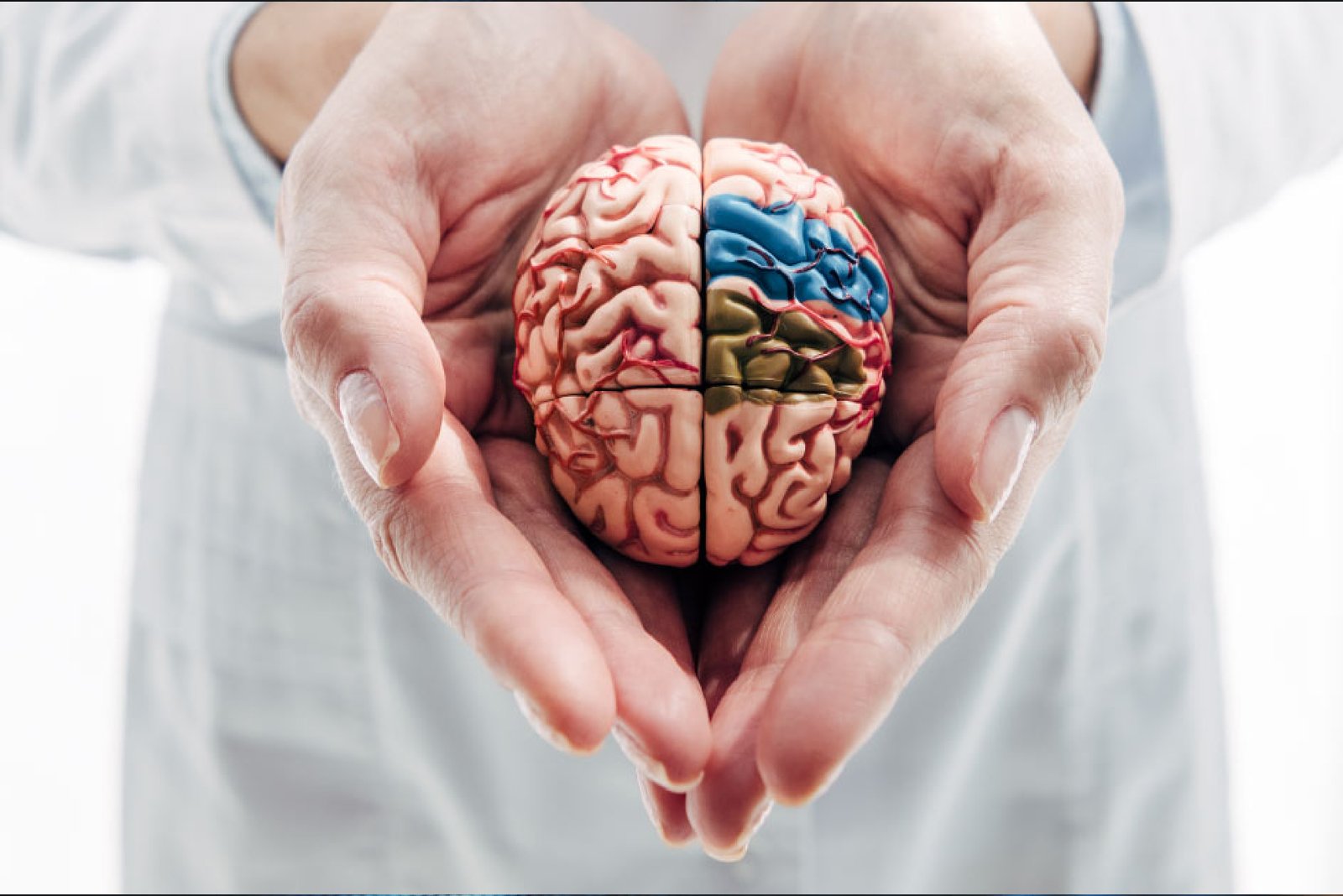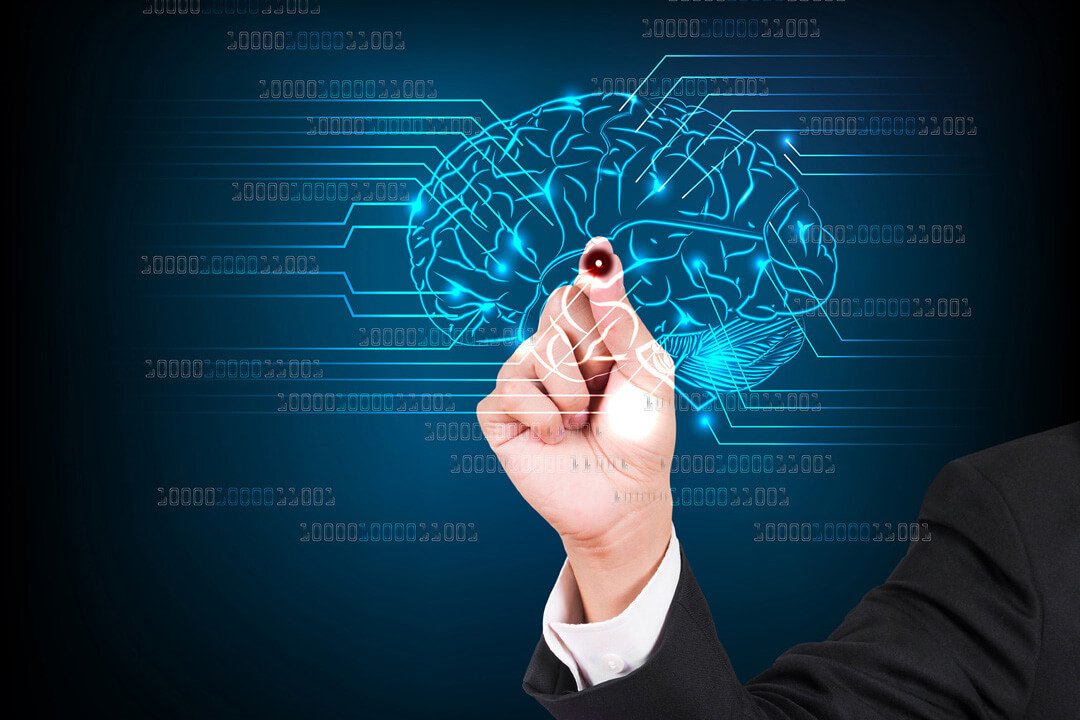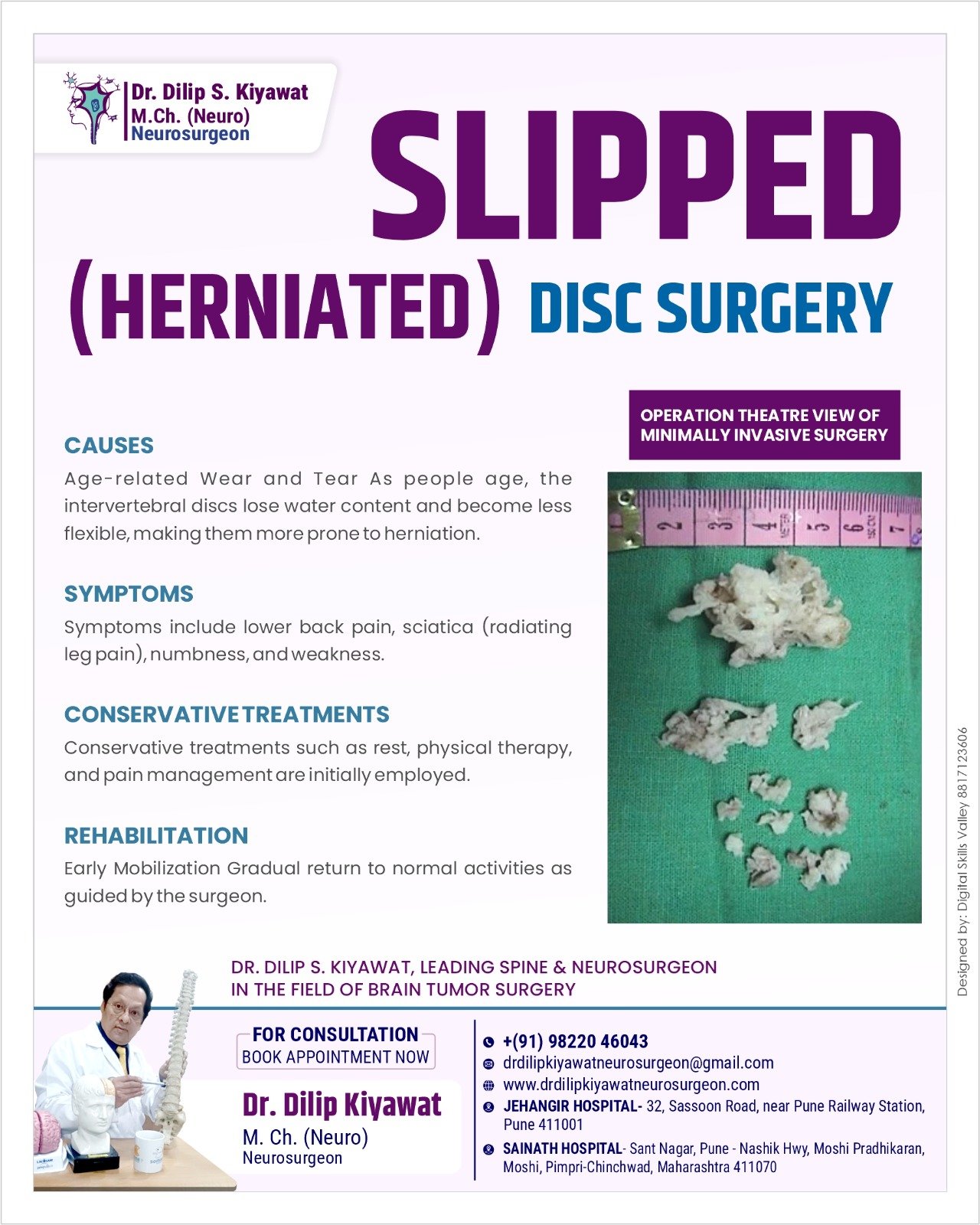As we age, our bodies undergo various changes, some of which can lead to discomfort and health issues. One such condition is a slipped or herniated disc, which can significantly impact our daily lives. In this blog, we’ll explore the causes, symptoms, and treatment options for a herniated disc, with insights from Dr. Dilip S. Kiyawat, a leading spine and neurosurgeon.
What is a Slipped (Herniated) Disc?
A herniated disc occurs when the intervertebral discs, which act as cushions between the vertebrae in our spine, lose their water content and become less flexible. This loss of flexibility can cause the discs to herniate, or slip out of place, pressing on the nerves in the spine.
Causes
The primary cause of a herniated disc is age-related wear and tear. As we grow older, our intervertebral discs gradually lose water content, becoming more brittle and less able to absorb shocks. This degeneration increases the likelihood of a disc herniating under stress or strain.
Symptoms
A herniated disc can manifest through a variety of symptoms, which may include:
Lower Back Pain: Persistent pain in the lower back.
Sciatica: Radiating leg pain that travels down the path of the sciatic nerve, often described as a sharp or burning sensation.
Numbness and Weakness: Affected nerves can cause numbness, tingling, or muscle weakness in the legs or feet.
Conservative Treatments
Before considering surgery, several conservative treatments are typically recommended:
Rest: Taking a break from activities that exacerbate the pain.
Physical Therapy: Exercises and stretches to strengthen the muscles around the spine and improve flexibility.
Pain Management: Medications or injections to manage pain and inflammation.
Surgery: When and Why?
If conservative treatments fail to alleviate the symptoms, surgery might be necessary. The goal of surgery is to relieve the pressure on the nerves caused by the herniated disc. Dr. Dilip S. Kiyawat specializes in minimally invasive surgery, which typically involves smaller incisions, less pain, and a quicker recovery time compared to traditional surgery.
Rehabilitation
Post-surgery rehabilitation is crucial for a successful recovery. Early mobilization and gradual return to normal activities are encouraged, as guided by the surgeon. This helps ensure that the spine heals properly and reduces the risk of future injuries.
Contact Dr. Dilip S. Kiyawat
For those experiencing symptoms of a herniated disc or seeking expert advice, Dr. Dilip S. Kiyawat offers consultations and specialized care in spine and neurosurgery.
Phone: +91 98220 46043
Email: drdilipkiyawatneurosurgeon@gmail.com
Conclusion
Understanding the causes, symptoms, and treatment options for a herniated disc is the first step towards managing this condition. With the expertise of specialists like Dr. Dilip S. Kiyawat, patients can explore both conservative treatments and surgical options to find relief and improve their quality of life.
Remember, early diagnosis and intervention are key to preventing long-term complications and ensuring a swift recovery. If you or a loved one are experiencing symptoms of a herniated disc, don’t hesitate to seek professional medical advice.


